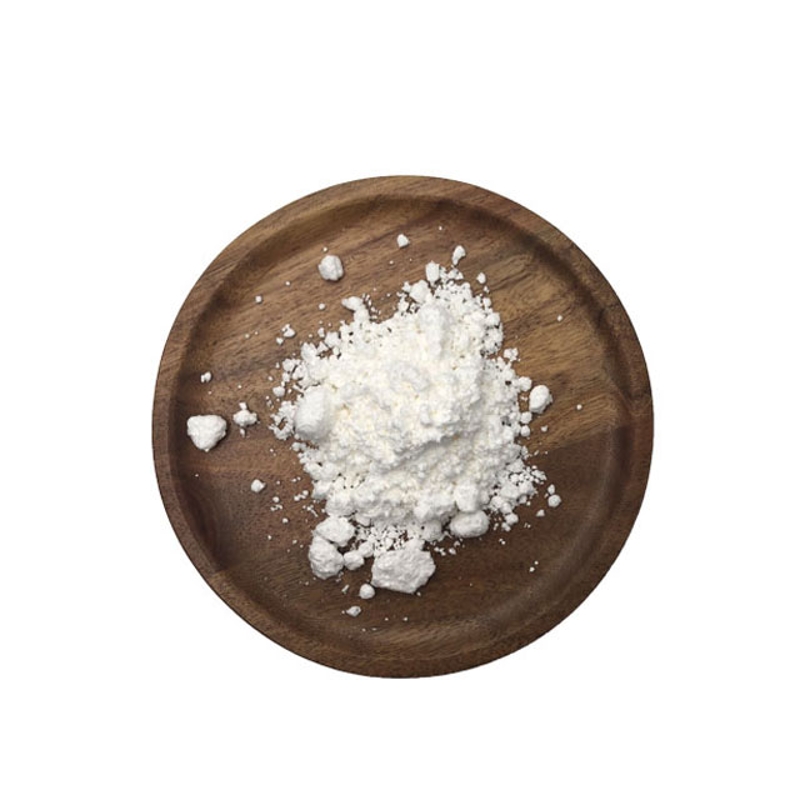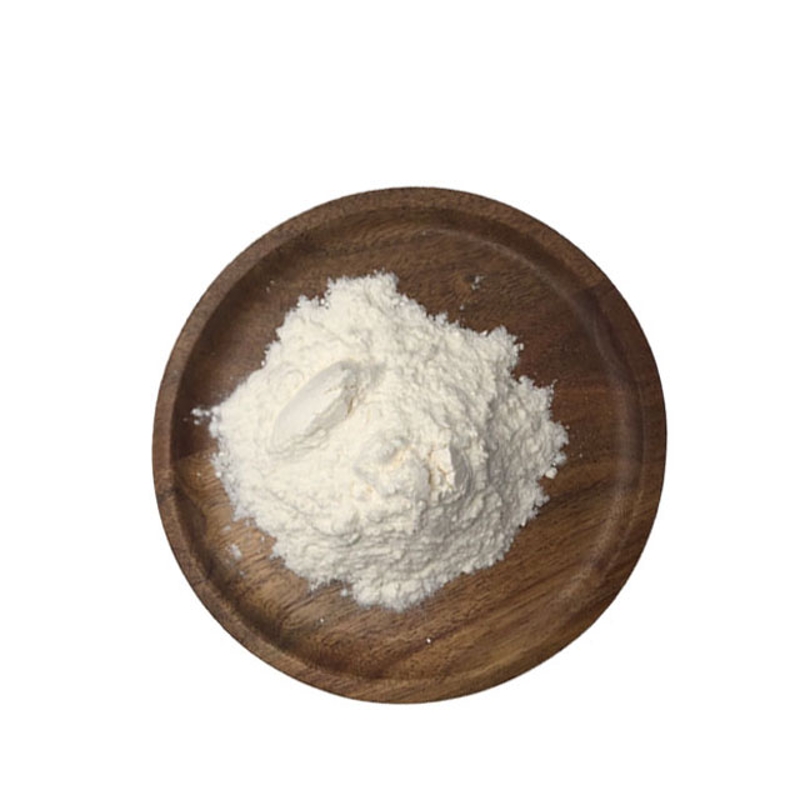-
Categories
-
Pharmaceutical Intermediates
-
Active Pharmaceutical Ingredients
-
Food Additives
- Industrial Coatings
- Agrochemicals
- Dyes and Pigments
- Surfactant
- Flavors and Fragrances
- Chemical Reagents
- Catalyst and Auxiliary
- Natural Products
- Inorganic Chemistry
-
Organic Chemistry
-
Biochemical Engineering
- Analytical Chemistry
- Cosmetic Ingredient
-
Pharmaceutical Intermediates
Promotion
ECHEMI Mall
Wholesale
Weekly Price
Exhibition
News
-
Trade Service
Glioblastoma (glioblastoma multiforme, GBM) is a common type of primary malignant brain tumor.
Because of the high degree of malignancy of this type of tumor, so the vast majority of patients have very poor prognosis: glioblastoma patients after surgery and chemotherapy and other treatment methods, the median survival is only about 14 months, the five-year survival rate is still less than 5%, so glioblastoma is one of the major challenges in today's tumor treatment.
with the progress and development of tumor immunotherapy technology, the treatment of glioblastoma has brought new hope.
, a team from Wenzhou Medical University and Lu Zhimin of Zhejiang University's Institute of Translational Medicine, published a research paper online in journal of The Journal of Student Medicine entitled: Beta-catenin inductional expression of PD-L1 to promote glioblastoma immune.
study found that abnormally activated AKT/beta-catenin signals in glioblastomas lead to elevated levels of expression in the immune checkpoint molecule PD-L1 and cause tumor immune escape.
based on the results, the researchers used AKT inhibitor MK2206 and PD-1 antibody to treat the mouse glioblastoma model, and found that the combined drug treatment of the glioblastoma model is much better than the single drug treatment.
tumor cells to evade the immune system attack means a variety of, of which the more common is to produce a non-immune cells to play a lethal role in the micro-environment and raise the expression level of autoimmune inhibitors.
PD-L1 is an immunosuppressive molecule encoded by CD274, which binds to PD-1 on the surface of T cells and inhibits the proliferation, activation and killing of T cells.
numerous literatures have reported significantly higher levels of expression of PD-L1 in tumors than in cancerous tissue, and higher levels of PD-L1 indicate a worse prognosmation.
team found that the level of beta-catenin activated in glioma specimens was positively correlated with PD-L1 expression levels and negatively correlated with the number of CD8-T cells soaked in tumor tissue; Beta-catenin and TCF/LEF form a complex and bind to the promoters of the CD274 gene, causing an increase in PD-L1 expression levels, while the researchers also found that AKT mediated the regulation of the Wnt and EGFR paths on beta-catenin/CD274.
In a follow-up study, they combined PD-1 antibodies with the AKT inhibitor MK2206, which had entered clinical phase II, to treat the same in-place glioblastoma model in mice, and the study showed that the combined drug not only promoted the immersion level of CD8-T cells in tumors, but also significantly prolonged the survival of mice with the tumor.
The study first revealed the mechanism of the AKT/beta-catenin pathrail to regulate the immuno-checkpoint PD-L1 in tumors, and proposed a new strategy for treating glioblastoma with AKT inhibitors and PD-1 antibodies, which has high clinical conversion value.
.







